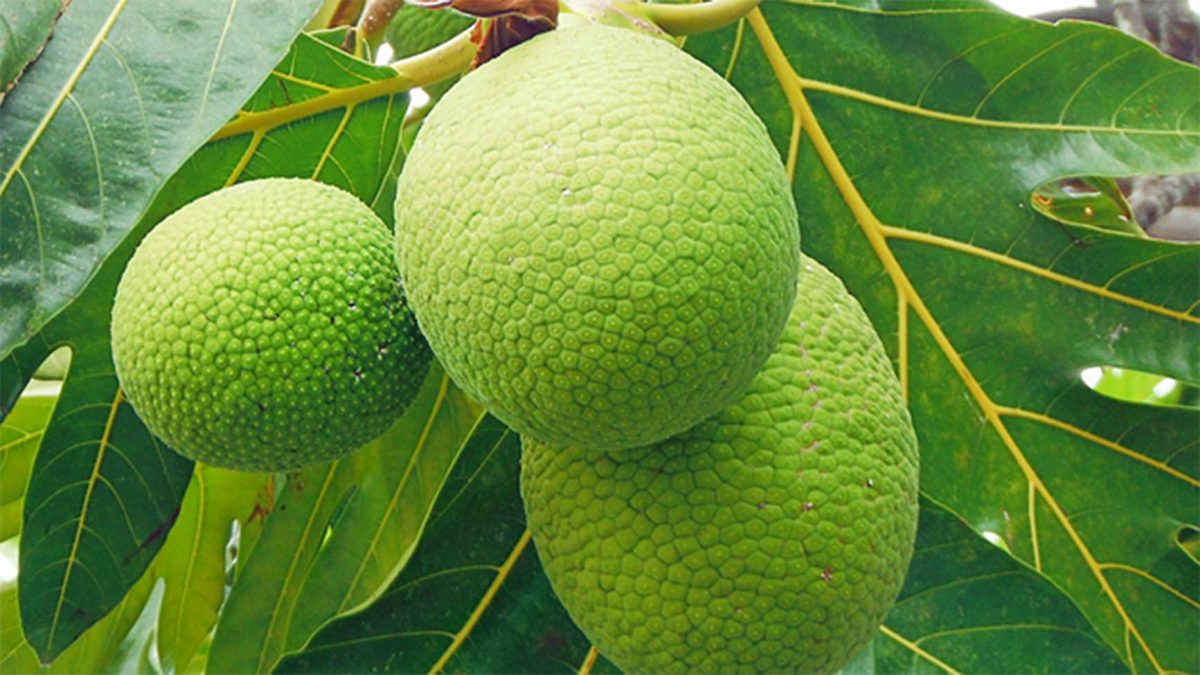At a time when Caribbean food security has again surfaced as one of the more urgent concerns on the regional agenda, there are signs that part of the solution to this challenge reposes in taking a closer look at the fruits and vegetables grown in most territories in the region as at least a partial solution to what has become a key concern.
Analysts have continued to point to the paradox of the Caribbean’s seeming insatiable appetite for imported foods in circumstances where no less nutritious options are available right here in the region.
If few would question the nutritional value of the range of fruits and vegetables that are cultivated and consumed in the Caribbean, the problem has always reposed in how to create a regional agricultural and nutrition education machinery that would not only raise awareness across the territories of the food value that inheres in food cultivated in the region but would also develop a holistic region-wide agricultural regime that would maximize food production to the extent that it not just enhances regional food security but makes a meaningful contribution to the region’s foreign earnings.
These days it is the Breadfruit that is being featured in some countries in the region as one of the possible ‘front runners’ in pursuit of the region’s efforts at food security that can combine what we in the Caribbean commonly refer to as ‘bellyful’ with some of the nutritional ingredients that contribute to healthy eating.
While Breadfruit is almost certainly cultivated in most 9if not all) Caribbean territories, most recently, it has been St. Lucia and Barbados that have been singing the praise of the fruit not just as an important food source but also as a potential valued export commodity.
Recently farmers on the Eastern Caribbean island of St. Lucia, a member country of the Caribbean Community (CARICOM), have reportedly been ‘acting up’ over what reports say have been the problems that they have been encountering where, according to one report, “their shipments of fresh produce were being refused at parts of entry due to spoilage and over-ripening.”
In response, Export Saint Lucia, the Saint Lucian Government’s National Trade Export and Promotion Agency, and the lead agency mandated to spearhead the island’s National Export Development Effort, is reportedly seeking, with technical support from THE Caribbean Agricultural Research and Development Institute (CARDI) to improve the quality of breadfruit bound for export markets CARDI’s mission, a report says, is to “develop guidelines that can be uniformly used by current and prospective exporters to improve the quality of the exported produce.”
St. Lucia, however, is reported to be going further in seeking to broaden the external market base for its breadfruit. Arising out of a survey among exporters to assess their knowledge of breadfruit and post-harvest practices the authorities there have reportedly been able to discern “knowledge gaps” which it says may have accounted for thde high losses encountered by exporters.
Arising out of this discovery, CARDI, in collaboration with Export St. Lucia produced an instructional video in both English and Creole detailing the best practices for both the harvesting and post-harvest handling, treatment and packaging of Breadfruit. The guidelines set out in the Manual reportedly address issues that include maturity indices, the timing of harvesting, the importance of reducing the field heat of fruits and post-harvest treatment and packaging procedures.
Barbadian farmers too are currently being asked to seek to cash in on the signals coming from outside the region of an increasing demand for Breadfruit.
Recently, Chief Executive of the Barbados Investment and Development Corporation (BIDC) Mark Hill, disclosed to members of the island’s National Assembly gathered to debate the country’s 2022 budget estimates that the agency was in receipt of a recent order for 2 000 breadfruit recently.
Hill told the Estimates Debate in the House of Assembly that while breadfruit was being retailed in Barbados for Bds.$3.50.00 Canadian retailers were receiving $20.00 while in the UK it was being sold £15.
Hill reportedly challenged the Barbadian Parliamentarians to engage their constituents that have breadfruit trees to contact the (BIDC) on the issue of filling the Canadian order.
According to the Barbadian official the extent of the demand for breadfruit from Barbados means that the island is currently ‘doing’ “around 10,000 kilos in breadfruit’ weekly.
Hill said that there are buyers “in Canada, America and England” ready to buy breadfruit cultivated in Barbados.

